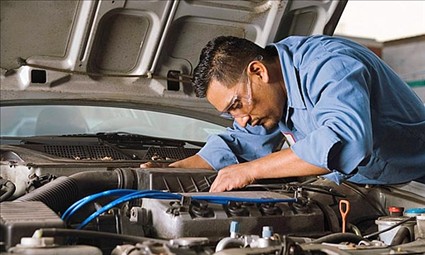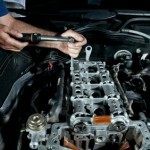In this article, you will learn about the benefits of fuel injection. You’ll also learn about their cost, reliability, maintenance, and oil consumption. Weigh these pros and cons before deciding. Then, you’ll never have to replace your car’s fuel pump!
Cost
The cost of fuel injector replacement is usually relatively inexpensive but can add up to hundreds of dollars if you need more than one installed at a time. While various components go into fuel injector replacement, the cost of the parts alone can range from $68 to $448. The labor costs for this repair vary widely and depend on the car model, several injectors, and the manifold. For six cylinders, the price could reach over $6,000.
The mechanic will use a three-step process for this type of cleaning, including adding cleaner to the car’s fuel tank and letting it idle for 15 minutes. Then, super-concentrated cleaner is mixed with gasoline and poured into a flushing cylinder, costing $100. Once the mixture has been cleaned, the mechanic will replace the injector.
Reliability
The reliability of fuel injection systems depends on the quality of the service fluid. The size distribution of solid impurities and their total mass is essential to determining premature wear risk. For example, a liter of diesel fuel contains more than five times 104 hard particles of 15 um and below. Excessive solid impurities in the service fluid can lead to premature wear and accelerated wear of the mating parts, resulting in expensive repairs and downtime.
For high-performance vehicles, fuel purity levels should be as high as possible. Fuel purity levels should be at least ISO 12/9/6. The difference between recommended purity levels and the level of fuel used in vehicles is shown in Table 1. Fuel injection system manufacturers require a fuel purity level that is 64 times higher than that of the automotive industry. These requirements are essential for the longevity of the system. In addition, increasing cleanliness levels will help improve the reliability of fuel injection systems.
Maintenance
Fuel injection systems have several advantages and disadvantages. While the benefits of fuel injection may be numerous, they require regular maintenance. High-mileage engines may need valve cleaning and oil leaks due to deposits. Moreover, fuel-injected cars may require valve cleaning more often. This is not a severe disadvantage, but fuel injection systems can be more expensive.
For one, fuel injectors require regular cleaning and flow check. They should flow within two to three percent of one another. Dirty fuel injectors can reduce the car’s performance, causing poor fuel efficiency. Also, they can lead to gradual loss of engine power over time. However, this effect only becomes noticeable after a long time. Hence, it is advisable to clean the fuel injectors regularly to maintain efficiency.
Oil consumption
There are several advantages and disadvantages of direct injection. The most obvious one is oil consumption. While many models of automobiles already have fuel injection, some have problems with reliability and oil consumption. Fuel injection systems require regular maintenance and can be expensive. This is especially true for diesel engines. In addition, the machines are more costly to build, so drivers are forced to spend extra money to upgrade to a different model. Oil consumption is a disadvantage of direct injection, but it could soon be affordable for more drivers.
The oil consumption rate is challenging to measure and may indicate another problem. The oil consumption rate varies significantly across engine designs, operating regimes, and vehicle miles. However, if it is high enough, the car may need to be replaced more frequently. Therefore, fuel consumption measurement is an essential part of engine development. However, many manufacturers don’t want to make expensive changes to their engines due to high oil consumption.









